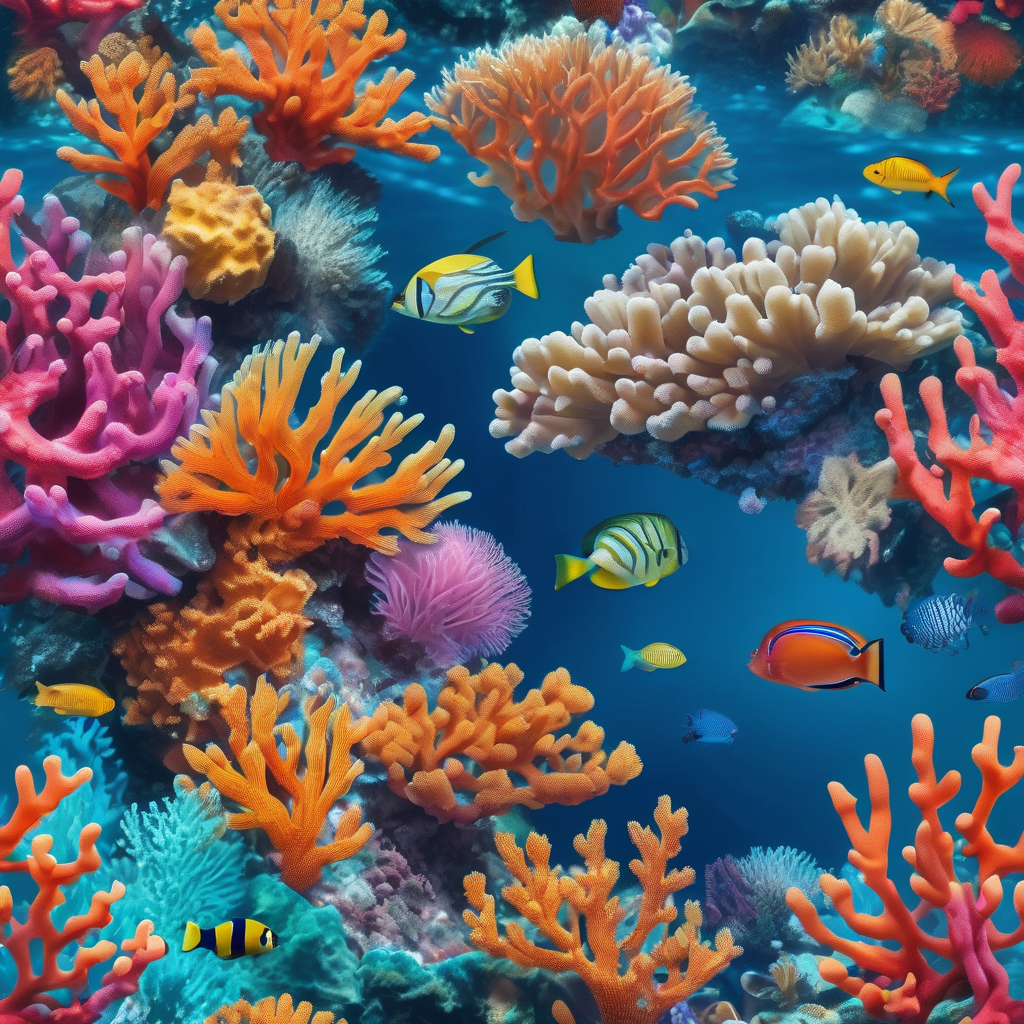A recent study conducted by the Wildlife Conservation Society (WCS) in collaboration with the University of the South Pacific has provided encouraging insights into the resilience of Fiji’s coral reefs following the devastation caused by Category 5 Tropical Cyclone Winston in 2016. Although the cyclone led to an alarming average loss of over 54% of hard coral cover, the study reveals that these reefs have made a remarkable recovery, nearing their pre-cyclone conditions in just four years.
The results were published in the journal Coral Reefs and stemmed from comprehensive analyses across 18 reef sites before, immediately after, and four years post-cyclone. Researchers noted that the cyclone significantly impacted coral species, particularly branching and plating Acropora, which saw a dramatic reduction in cover. In contrast, rubble and turf algae populated the reefs initially. However, by 2020, a notable rebound was observed within the coral communities, underscoring the remarkable resilience characteristic of Pacific reef ecosystems, which benefit from high connectivity and robust ecological foundations.
Lead researcher Dr. Amanda Ford from the University of the South Pacific highlighted that favorable local conditions play a critical role in facilitating this recovery. “This study shows that even after catastrophic damage, some reefs can bounce back if local conditions are favorable,” she stated. The research established a link between reef damage and cyclone impact through long-term monitoring and wave modeling, revealing that sites directly within Winston’s path saw up to 91% loss of hard coral cover. Positively, all sites showed strong signs of recovery by 2020, supported by a healthy biomass of herbivorous fish and larval replenishment from neighboring reefs.
Co-author Dr. Sangeeta Mangubhai, a Pew Marine Conservation Fellow, emphasized the significance of community involvement in effective coral reef management. This perspective aligns with Fiji’s initiative to develop a National Action Plan for Coral Reefs, aiming to merge scientific insights with local knowledge to enhance marine conservation, food security, and community welfare. The National Hub for Coral Reef Conservation in Fiji serves as a vital platform for collaboration among government bodies, local communities, NGOs, and scientists, highlighting the necessity of cooperative management for protecting these vital ecosystems.
WCS Fiji Country Director Paul van Nimwegen noted that the study’s findings could influence future conservation investments. His organization is collaborating with the Ministry of Environment and Climate Change to formulate Fiji’s inaugural National Action Plan for Coral Reef Conservation, which focuses on ecosystem-based management and establishing marine protected areas to strengthen reef resilience.
The findings contribute to a growing body of evidence supporting the significance of high integrity, climate-resilient coral reef sites. Dr. Stacy Jupiter, co-author and Executive Director of WCS’s Global Marine Programme, reiterated that ecosystems with strong integrity bases have a better capacity to endure and recover from severe climate challenges. Amid frequent discussions surrounding the decline of coral reefs, this research delivers a hopeful narrative, underscoring the potential for recovery and the critical need for continued investment in coral reef conservation in the face of climate change.
